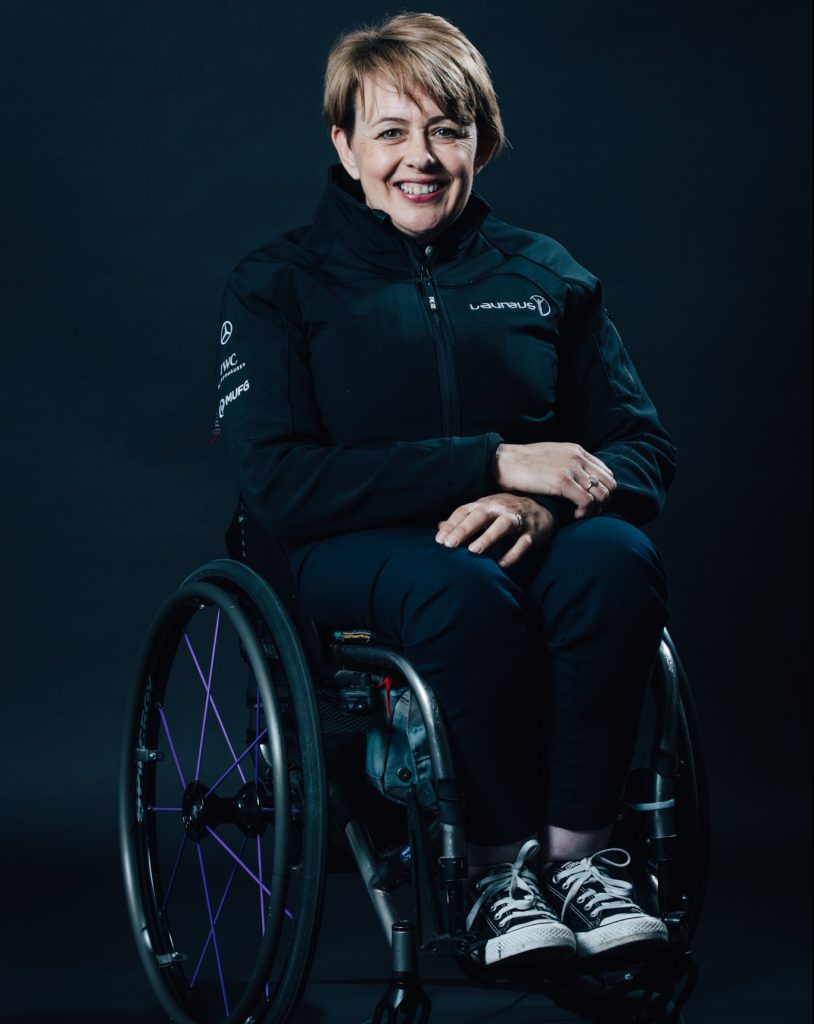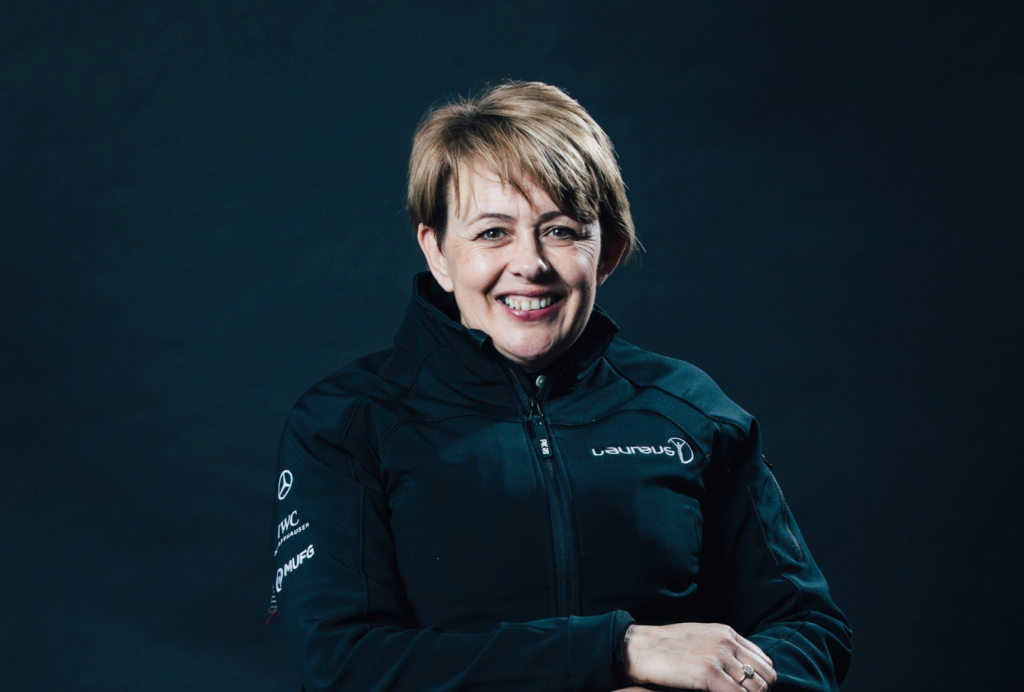“The Absence Of Opportunities For Physical Activity Means That Those With A Disability Miss Out On Sport”
December 3, 2020
With today signifying International Day of Persons with Disabilities, iSPORTCONNECT is delighted to be able to feature a piece from 11-time Paralympic gold medallist Tanni Grey-Thompson.
In her piece, Tanni calls for further progress to be made in order to aid disability participants within sport, particularly at a time, in the Covid-19 world, where this is even more difficult than before.
There is no doubting that 2020 has been an incredibly tough year across the world and we must all be hoping that 2021 sees the end of the pandemic.
In the short-term many aspects of normal life will remain restricted, despite the UK’s move from a nationwide lockdown to a tiered system. However, the return of grassroots sport is to be welcomed as it will provide a huge boost to the physical and mental health of the nation.
“For those who are mentally disabled, they need the support and benefit that organised sports activity can bring. It gives them not only the social interaction that they desperately need but also a sense of belonging.”
The lack of access to sports facilities such as gyms and swimming pools have had a damaging effect on mental and physical health, with the benefits that they provide to ease the pressure on health services.
Mental health is particularly being challenged as people find themselves more isolated and the absence of opportunities for physical activity means that those with a disability miss out on sport which in many instances is a lifeline for them.
It seems apt that the re-opening of sports facilities has coincided with The International Day of Persons with Disabilities (IDPD), an event observed annually on December 3.
IDPD helps to promote the full and equal participation of persons with disabilities and to act for their inclusion in all aspects of society and development.

Of course, physical activity is about getting fit and having fun, but for those who are mentally disabled, they need the support and benefit that organised sports activity can bring. It gives them not only the social interaction that they desperately need but also a sense of belonging that they do not get elsewhere – and in some cases they do not understand why their access to sport has been denied.
Engaging with peers is fundamental for those with mental disabilities, who also learn valuable life skills that boost their confidence, health and enable them to make friends.
For those with physical disabilities, accessible facilities are also a problem, both in lockdowns and where more stringent social distancing and limited classes are concerned.
“We need to remember that sport brings young people together, it gives them an opportunity and a chance to think differently about themselves.”
At Laureus, Inclusive Society is one of the six Social Focus Areas towards which we provide funding and support to enable programmes to tackle, aligned to the United Nations Sustainability Development Goals (SDGs).
We have two decades of experience and understanding of the frameworks and soft skills required to create a society where young people and children embrace physical and mental differences and can thrive through sport.
We have to be really mindful that, as a Foundation, we have to support and make sure that the projects and young people come out of this in the best shape that they possibly can because those projects ultimately save lives.
We need to remember that sport brings young people together, it gives them an opportunity and a chance to think differently about themselves, to think differently about the decisions they make and how they want to live their lives. That is what sport and Laureus does. It gives young people the chance to think differently.
“Sport is unique in its ability to bring people together and break down existing barriers of discrimination and it’s no exaggeration to say that lives depend on it.”
Delivered in partnership with Allianz and InsightShare, we recently commissioned a report entitled ‘Empowering abilities through sport’ which showcased the real-life experiences of disabled young people from Ethiopia, Thailand and Jamaica, who have benefited from the support of our projects. In each and every case, we have seen marked changes in their attitudes, their confidence and their abilities to communicate.
Sport is unique in its ability to bring people together and break down existing barriers of discrimination and it’s no exaggeration to say that lives depend on it.



